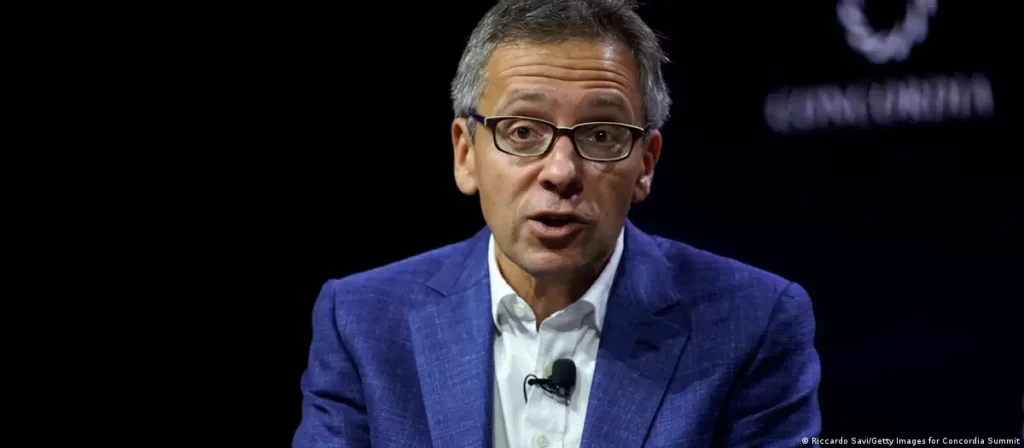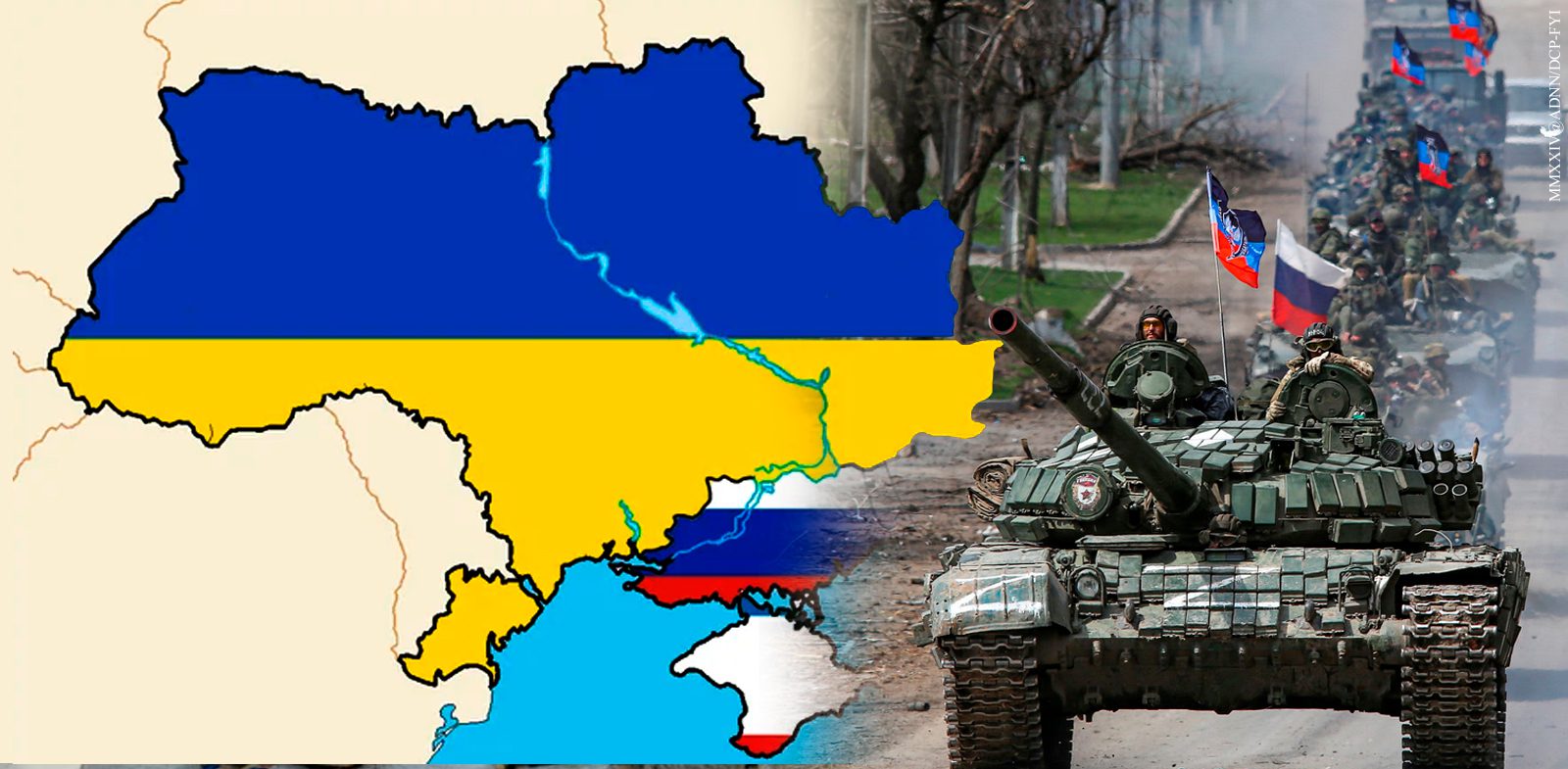The president of a risk consultancy believes that the military situation and tension in the US will end up leading the West to live with Russia’s occupation of part of Ukraine. “I’m not saying it’s fair. But that’s what will happen.”
(DW) The current situation on the Ukrainian battlefront and the growing difficulties in the United States over continuing to send military aid to Kiev should lead the West to accept living with a divided Ukraine, with part of the country’s territory occupied by Russia. This is the assessment of American political scientist Ian Bremmer, founder and president of Eurasia Group, the world’s leading risk consultancy.
“When I say that a partition of Ukraine is inevitable, I don’t see it as fair or acceptable. But I think it will happen. As a political scientist, I can’t lie in my analysis,” said Bremmer, who pointed to the existence of talks in this direction among politicians in the West, especially in the US. “There is a recognition that the Ukrainians will not be able to retake their territories.”
According to the political scientist, this is a reality that must be imposed, even if the official discourse still contrasts.
“We’re talking about dividing Ukraine. A partition. Nobody will accept that. But the Americans are good at accepting the unacceptable. North Korea has nuclear weapons. For the Americans that’s still unacceptable, but they’ve learned to live with it. The same goes for the Taliban ruling Afghanistan. Maduro in Venezuela. Assad in Syria. A partition of Ukraine could be one of those things,” he said, noting that in 2014 Europe also ended up accepting Russia’s occupation of the Ukrainian region of Crimea.
The statements were made on Friday (16/02) at a round table with journalists during the Munich Security Conference, which takes place annually and is considered the “Davos of Defense”, bringing together dozens of world leaders and ministers to discuss security and geopolitical issues.
This year’s participants include US Vice President Kamala Harris, Ukrainian President Volodimir Zelenski, German Federal Chancellor Olaf Scholz, among others. Russian leaders were not invited.
Difficulties at the front – and in the US
In his assessment that the picture in Ukraine is moving towards a partition, Bremmer cited the country’s current military situation – last year, the high expectations provoked by the offensive launched by Kiev did not yield the expected results – and the future of American aid as determining factors.
“The average age of a Ukrainian fighter is 37. It’s not possible to maintain that for years to come,” he said. “The ability and willingness of the US to continue to lead the provision of aid to Ukraine has become more radically challenged,” he said, citing the recent clashes in the US House of Representatives, dominated by the Republican opposition and in which the approval of a new billion-dollar aid package for Ukraine remains elusive.
In his analysis, Bremmer elaborated that the outcome of a divided Ukraine is unlikely to come through negotiations or direct pressure on the Ukrainian leadership in the coming months.
“Nobody is talking about negotiations in the US until the elections are over. It’s not as if the Americans are planning to force Zelenski to sit down and negotiate with the Russian government. But there is a recognition that the Ukrainians don’t have the capacity to retake their territories. And if they don’t have the military capacity, they will have to find a way to freeze the conflict, achieve a ceasefire and move on. The question is what this ‘moving on’ will look like. When I say there will be a partition, I’m not suggesting that there will be an agreement in which the West recognizes Russia’s annexations as legitimate, I’m just pointing out that Ukraine will be split in two. That’s the reality we’re going to have to live with,” said Bremmer.
The political scientist also speculated on how this picture will be viewed in Ukraine.
“How this can be painted to Ukrainians as a victory is also an open question. Nothing can solve the war crimes, the wounded and dead and the territories taken. But if Ukraine can be rebuilt – the 82% of the territory they control – have security guarantees and manage to enter the European Union, Ukrainians and their children can have a future that wasn’t on their horizons before 2014 or 2022,” he analyzes.

*** Translated by DEFCONPress FYI Team ***
